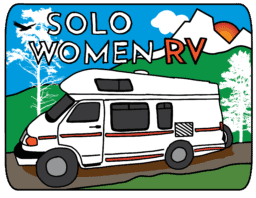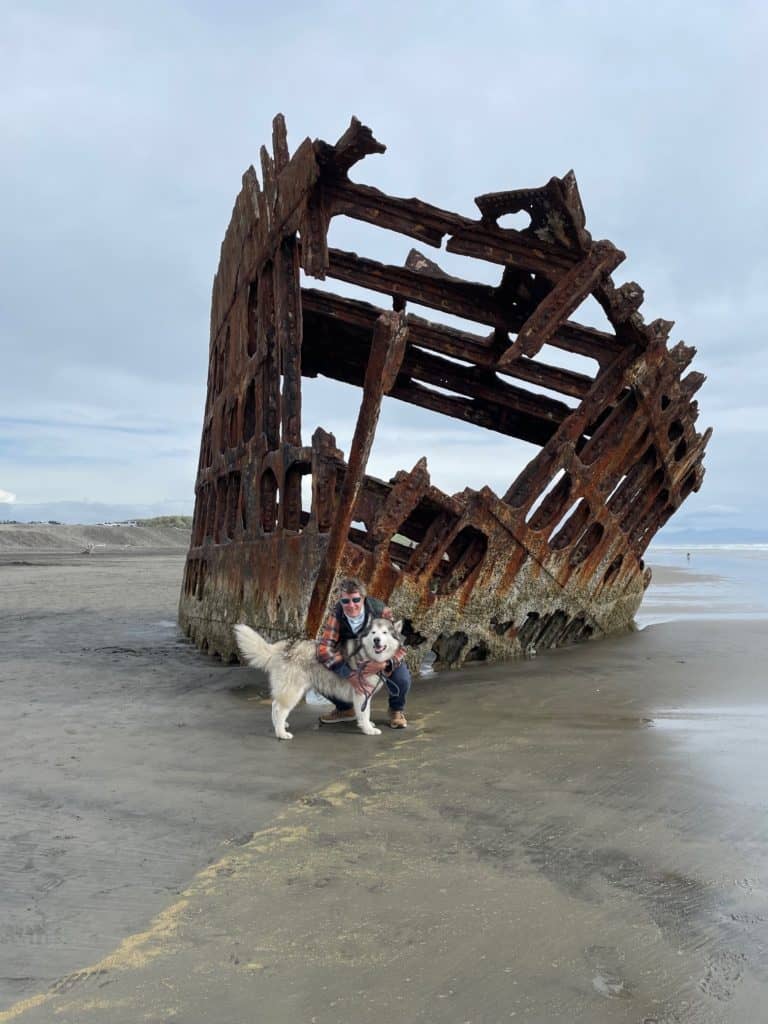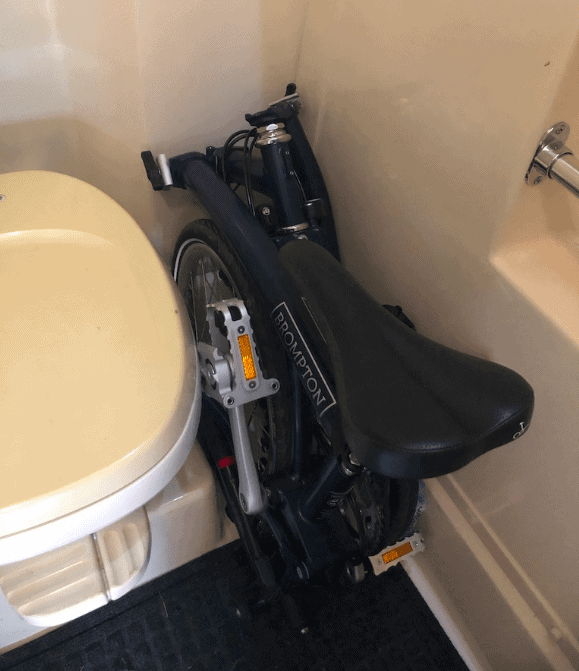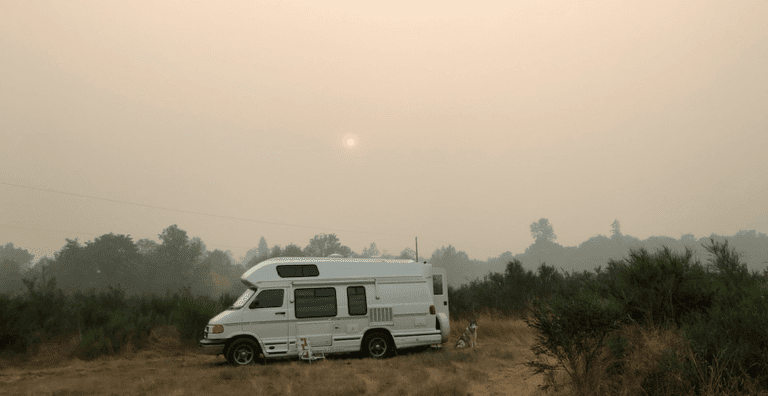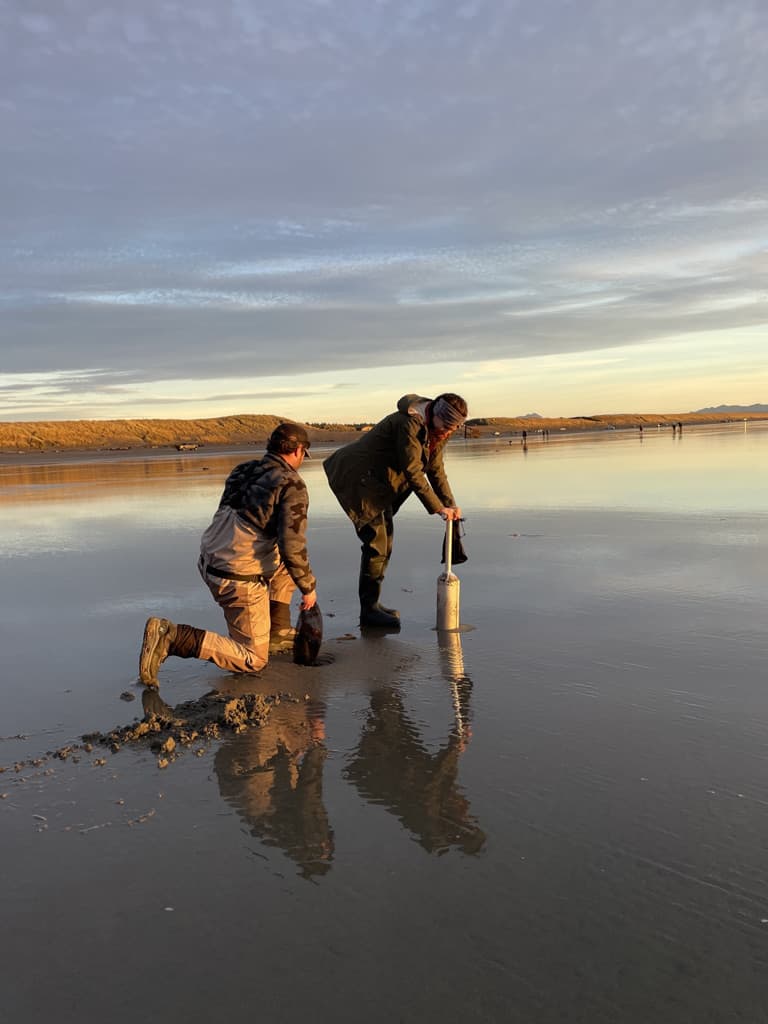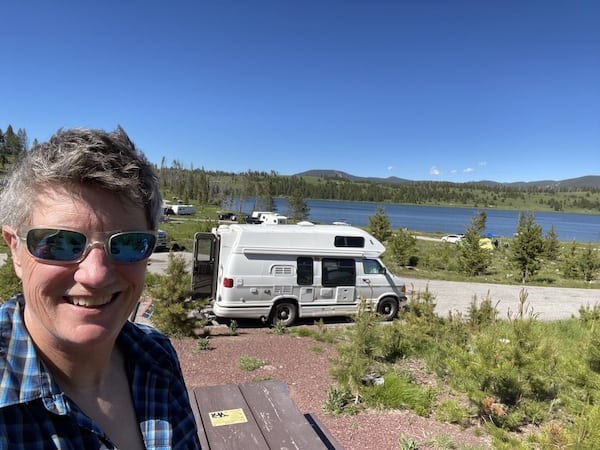So Long Silver Falls
Note: I wrote this blog a few days ago and am just getting it posted now. As I write Silver Falls State Park has been evacuated due to forest fire danger. Praying she gets spared. A few other Oregon State Parks were not so lucky.
My time at Silver Falls has come to an end. The once hot days turned cooler and as Labor Day approached, more and more families made their way to the campground. Kids circled the campground on their bikes and skateboards. Groups gathered for one last summer outing and I sat reflecting on my month at this beautiful park.

Sitting at my picnic table at my campsite, I’d hear country music piping from a camper on the right and classic rock on the left. I’ve had to turn away dozens of people who show up without reservations, hoping to find a site for the night. Silver Falls campground is normally booked up months in advance and this year with Covid, only online registrations were allowed.
There’s a reason it’s so popular. Silver Falls is a special place. As you approach the campground, whether you’re coming from Salem or Bend, you drive through miles and miles of farmer fields, wondering is there really a forest ahead and a park with 10 waterfalls? But then you ascend to 1300 feet elevation and into a temperate rainforest. Suddenly it’s cooler, shady and you’re forced to take off your sunglasses. The sight is truly magical. The varieties of green are endless: Doug fir with moss dripping off it. Muddled light filtering through oak and maple trees. Fern and Oregon grape and moss muffle the sounds. I tried so hard to photograph the green tones, but just couldn’t quite capture it with my iPhone camera.

And all this beauty is before you even get first glance of the waterfalls. A 7-mile hike will take you past 10 falls, four of which you can walk behind. And even if you’re not a hiker, the 177 foot South Falls is visible from an easy path walkway from the day use area.

There’s quite a history here too. Some of it visible, some of it wiped out. The area was once home to the Kalapuya and Molalla tribes, who, like so many native people were pushed out and decimated by diseases they had no immunity from.
Later, during the Great Depression of the 1920s and 30s, President Roosevelt, as part of the New Deal to get the economy moving set up work programs for unemployed young men called the Civilian Conservation Corps (CCC). It was a program to jumpstart the economy by putting people to work, but the end result is beautiful stone structures that house the café and conference center, the trails and retaining walls, and a summer youth camp—that is closed this year due to Covid, but has been operating since the 1930s.

One of the best things for me about being a host at Silver Falls was the community of volunteers who work there. My job was campground host, a job I shared with two other couples. There were also a group of day-use hosts, who took care of cleanup in the day-use areas and mowing and maintenance around the park. Each night there was a campfire where folks would gather and sometimes share meals. A core group of day-use hosts are so enamored with the park, they have been coming to Silver Falls for four years and they all stay for four months at a time. They love the park and they love the community they’ve created there.

Silver Falls is called the crown jewel of the Oregon Parks system and I can see why. It’s only an hour and a half from Portland and quite amazing that I never visited until this hosting gig became available. I strongly recommend a visit. One thing to note, no dogs are allowed on the trail of 10 waterfalls, so plan ahead.

